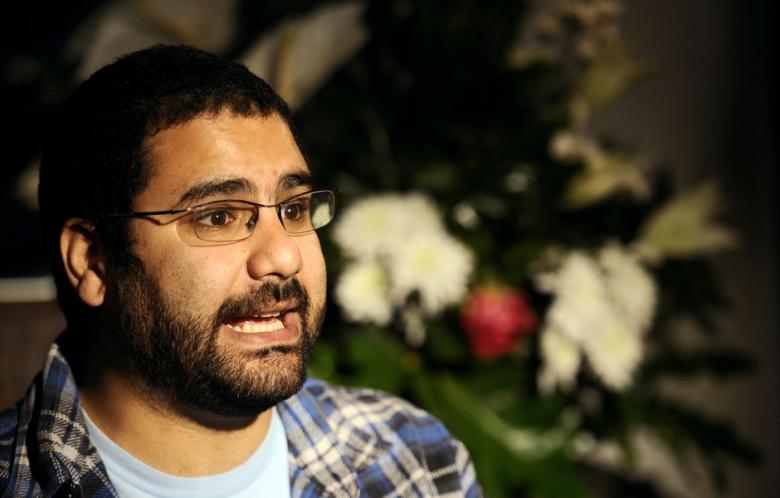CAIRO: Sister Cities Africa and People Development Foundation signed a Memorandum of Understanding (MoU) in Cairo on the last day of the Global Sister Cities Summit, promoting an ongoing partnership through which the two organizations will collaborate.
Both organizations will work on promoting Sister Cities and city twinning via information exchange, capacity building and youth empowerment in the various governorates and cities of Egypt.
The People Development Foundation is an Egyptian foundation working on developing the youth.
Along with other topics, the impact of young people in international relations has been a widely discussed issue during the three-day summit, raising many questions on how to involve young people who are not part of the system despite financial challenges.
“Sisters Cities International has programs are connecting schools in one sister city with one community, sometimes through writing letters or exchanging ideas with each other,” explained Adam Kaplan, Sister Cities International program manager.
Sister Cities applies and receives grants for exchanges to incorporate their member cities that develop the program.
In Morocco for instance, the current president for Sister Cities Africa founded an NGO called Idmaj – which translates to integration – that works on civic education through workshops, team work, reliability, exchange with others in the United States.
“These culture exchange programs are the ones that gave us the opportunity to know our partners as we succeed in breaking stereotypes,” said Soukaina Hamia, president of Idmaj.
According to Michael Bergman, director of Partners for a New Beginning, the Aspen Institute, for a partnership to move forward it should be locally owned and driven by the local community. In addition it should be “about actions” where a symbolic project must be driven.
Bergman identified 10 problems in any partnerships including lack of personal relations with the partners as well as the lack of resources most partnerships are facing.
“Peace, respect, cooperation is a by product of the actual world we live together but if you give people a cause they get to know each other and truly respect one another,” added Bergman explaining ways to increase citizen diplomacy.
Bergman explained that giving people a cause would create mutual understanding and respect.
Gidon Bromberg, the director of Israel’s branch for Friends of the Earth Middle East (FoEME), explained that in 1994 in Taba, Palestinian, Jordanian, Egyptian and Israeli environmentalists formed the FoEME organization to promote sustainable development despite the conflicts between their nations.
Different speakers throughout the summit highlighted the importance of people to people diplomacy, saying it is on the rise around the world since more and more governments are reluctant to solve foreign diplomatic issues.
“We are not at the sisterhood level as we still have a long way to go, but what we must understand that the era of foreign ministries leading foreign policy is over now it’s the era of the students, the teachers, the mayors and so on,” Bromberg said.
FoEME is a project-oriented NGO, using both a “top-down” (lobby/advocacy) approach coupled with a “bottom-up” (grass roots/community) strategy that according to Bromberg has proven to be a very effective work model.
The project brings Palestinians, Jordanians and Israelis to work together on the issue of access to water in the region.
“In the midst of the violence that took place in 2001 [following the second Intifada], we were able to launch Good Water Neighbors which expanded to 29 communities in the three countries,” Bromberg said during the summit.
Bromberg stressed on the need to connect the civil societies of the Middle East with one another. He explained that the people need to connect with each other on different levels, adding that leaving matters in the hands of the leadership is a great risk.
“A hand shake like the one in the Camp David accords between the Egyptian president and the Israeli prime minister during that time has no foundations if the people of the country have no connection,” he concluded.


